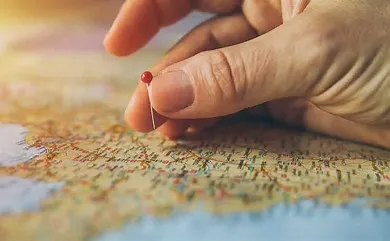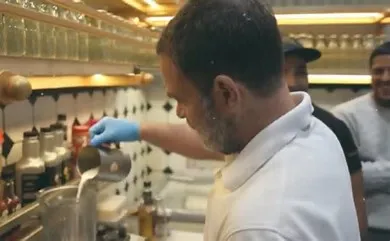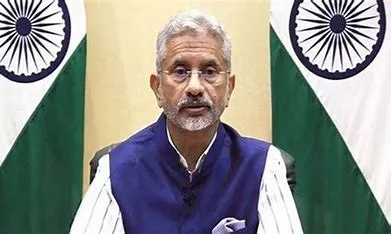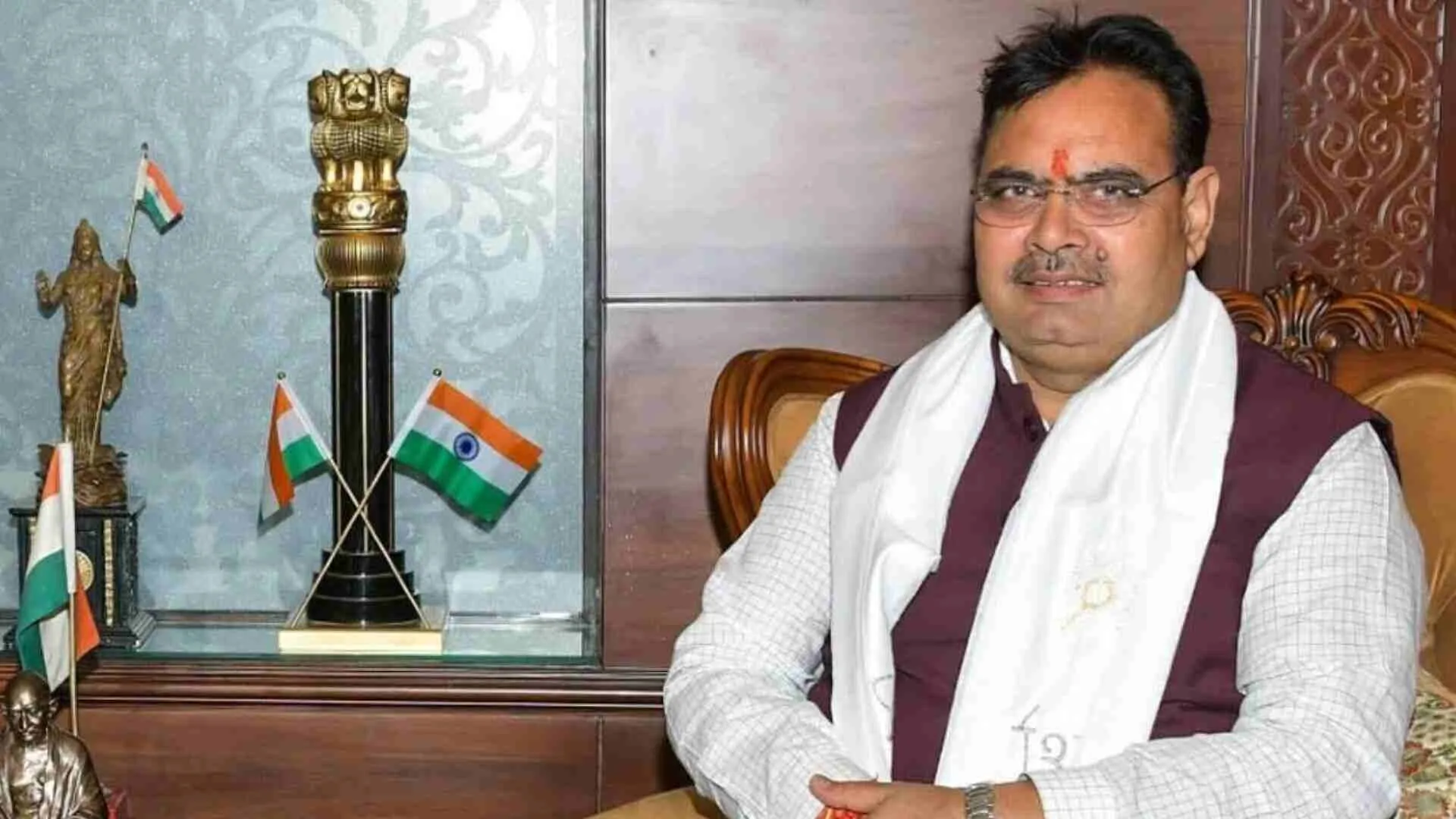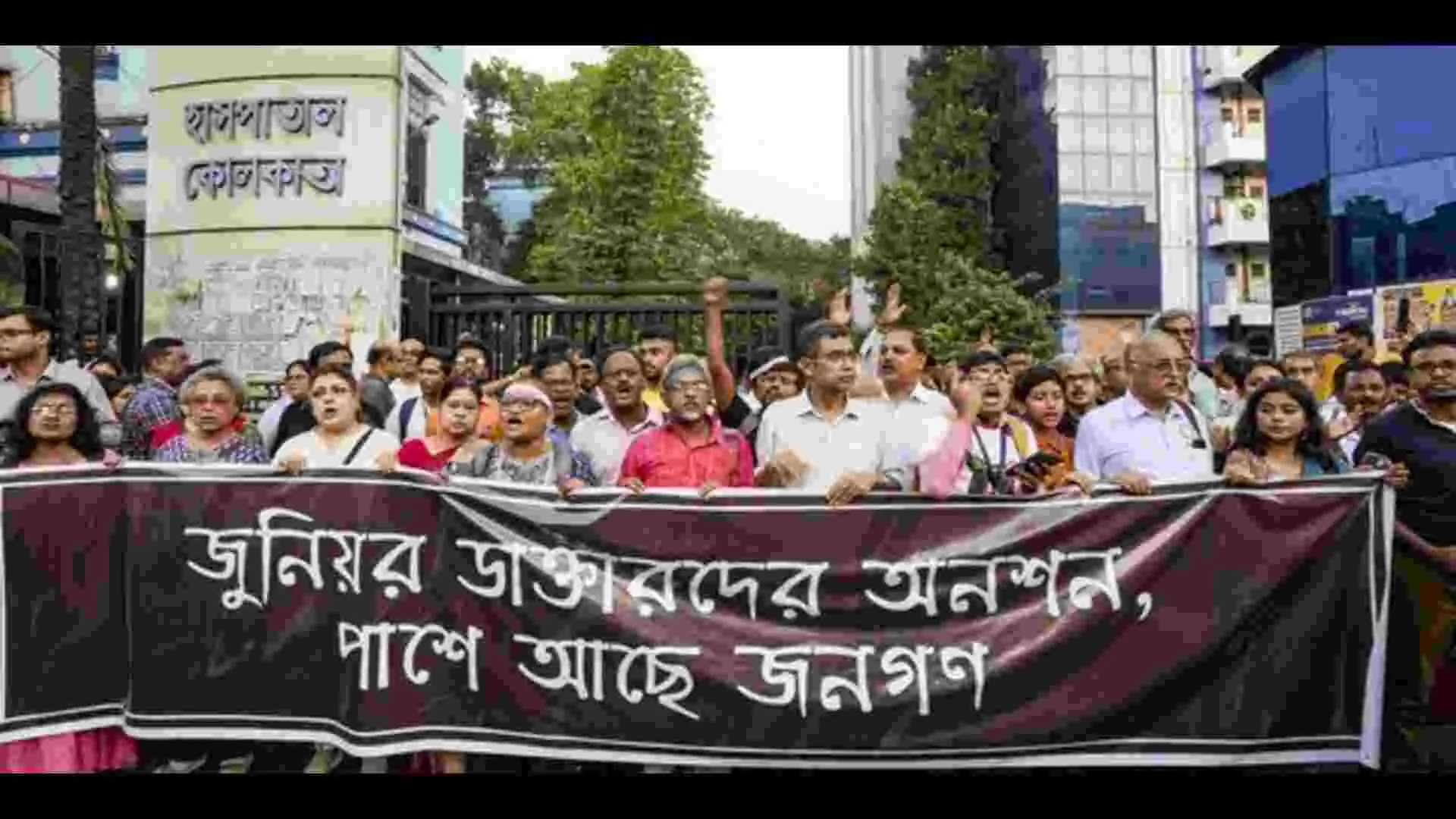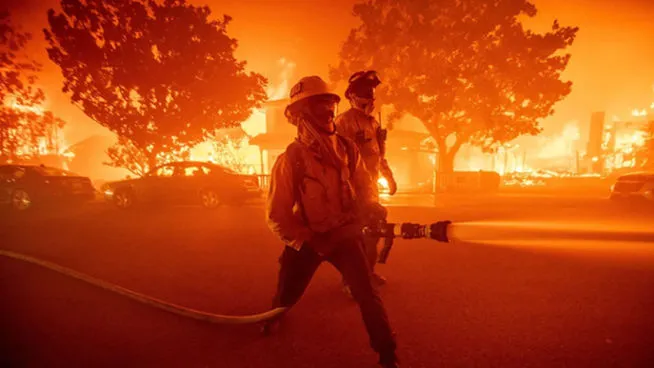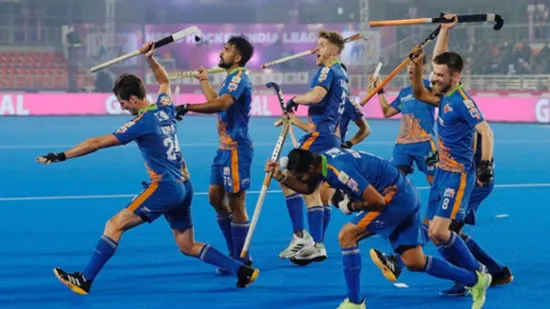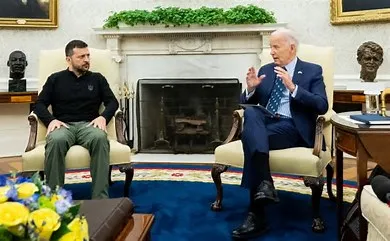Renowned fashion designer Rina Dhaka joined NewsX for an exclusive interview as part of NewsX India A-List. She had burst on to the Indian fashion scene in the late 80s and has showcased her work at the Louvre in Paris and the Metropolitan Museum of Art in New York, besides many others accomplishments.
Talking about her incredible journey so far, she said, “When I came around, there was no such career path for people in designing. There was the late Rohit Khosla as a designer and Ritu Kumar in the northeast. But this whole industry as such didn’t exist. Youth is all about innovation and that was the need of our hour—our means me and my contemporaries like Rohit Bal and Tarun Tahiliani. We all came around at that time and were very heady. There was no concept about money, it was all about creativity, craft and trying to pursue some kind of fashion. In fact, at par with the rest of the world, there was really no design industry, even in the West. There were high-street stores like Selfridges and Bloomingdales in America. Designers, as a category of clothing, came about the same time as us. And look where it is today. We have schools of fashion, students coming out of these great schools every year and there is a booming trade and industry. When we found the FDCI, we were just nine members. Over a cup of chai every evening and a few laughs, we created this body. Today, it has millions of followers on Instagram and runs successful events like fashion weeks which can help designers in India and internationally come together and get work. So, yes, fashion has really come a long way and my journey is that journey too.”
Expressing her views on how the landscape of the fashion industry has changed over the years, especially with the inclusion of issues that matter to young people like body positivity and inclusivity, she said, “Lakme approached me to do a plus-size show and we did the casting. This was two or maybe two-and-a-half years ago. There were 300 models who came for the audition which we announced only an hour before. Fabulous, body-positive, not shy, very confident—frankly, they could do runways anywhere. These are plus-size models. And one of the girls I picked out from the crowd was Sakshi. She has gone on to be on the cover of every national magazine. Today, she is India’s most celebrated model. Now in fashion weeks, we have to have a better ratio of plus-sized models as well. This is where the journey of inclusivity has gotten us, and the noise that we made in the years prior to that has brought us here. I’m really happy that it’s no more about a size eight, which is called a sample size, and about passion. Today, a sample size is also a plus size.”
When asked about the difficulties faced by the fashion industry in the past one year and whether things are coming back to normal, she responded, “For all of us, who have been designers and my contemporaries, we are always in competition, running to the next season. We’re always pressured against what we call a deadline, and the deadline has the word ‘dead’ in it! It really is that you have to die before you finish the clothing. You are really as good as your last collection or your last show. But the year was hard. Everything was shot and costs were high. The demand totally shrunk. My very old client, who always has to buy something new that I have to offer, who is also like my muse, said, ‘Rina, what have I been doing with my life? Where am I going to go wearing these coats? I don’t know what I’m going to do, I have no need. I have decided not to be an active consumer anymore’. This was what the industry faced, especially a luxury industry like ours. In terms of exports as well, there were a lot of uncertainties and fears with stores closing down, customer and buying patterns and needs changing. ‘How do you reinvent yourself’, was something we all learnt. We’re on that journey now. I must say we’re like roaches, we will survive, because our trade has taught us such. So, you can’t write us off as yet. We will just go through this.”
On a concluding note, she shared a piece of advice for young designers, saying, “Have a strong health. Don’t ever ignore your health because you need it. A lot of these children go out and eat food on the roadside and all. There were a lot of interns who would get jaundice because of the water in the early days, although not now because they are more aware maybe. Secondly, fashion isn’t a fashion show or a catwalk, behind-the-scenes or what we see on Instagram or social media or television. In reality, it is quite dreary and dreadful. It is a pursuit. You go into these dirty lanes following your garment or where it’s made to get things done. One has to be prepared for the monotony of such a daily life, one that you need to pursue to stay in the grind of completing your work.”



